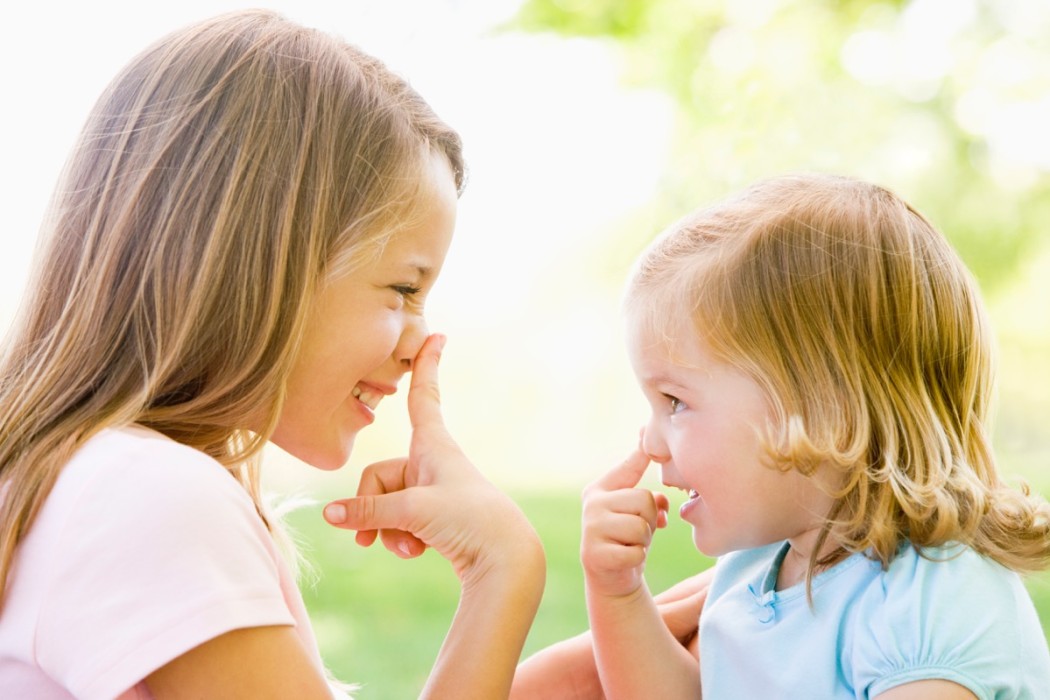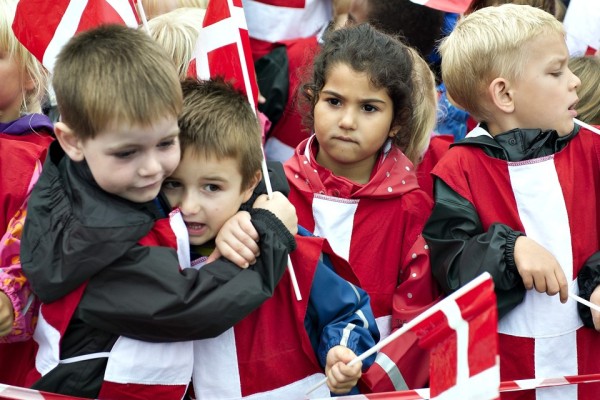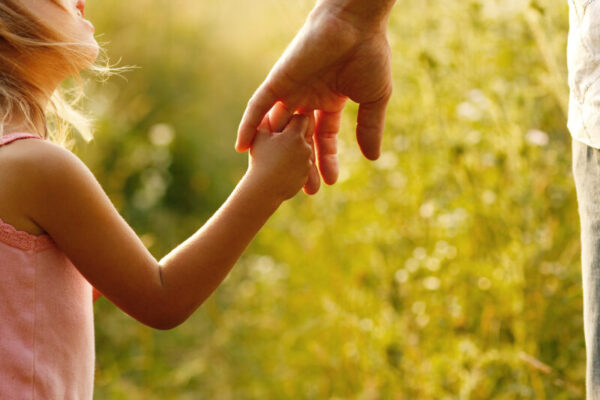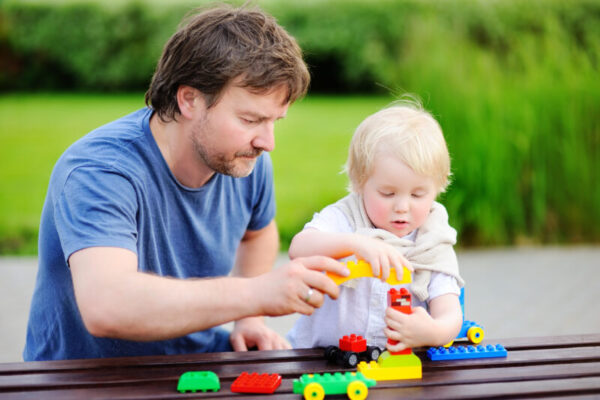From hugs and kisses to screams and shouts. Sometimes the relationships between siblings can be anything but rosy. But patience, conflicts and love can go hand in hand.
‘He’s teasing!’ ‘She’s hitting me!’ ‘He hit first’. ‘She’s not listening to what I’m saying!’ ‘Mom!!’ Once in a while, having more than one child can be a major challenge. Not only because you need a lot of negotiations, comforting and time in order to make them listen to reason, but also because all the quarrelling and conflicts can cause concern about the relationships between the rivals.
Will they become siblings that can’t stand the sight of each other? Or will they become, as you so deeply hope: Siblings with close ties that last a lifetime?
High self-esteem creates good siblings
If you want to give your children a positive experience of being siblings and being part of a family, try not to focus so much on cultivating the sibling relationship, but rather on your children’s differences – the fact that they are independent individuals, each of whom have their own needs.
This will strengthen their self-esteem, and if your children have high self-esteem, it will strengthen the relationships between them, because they know they’re okay just as they are.
In other words, help your children to develop based on their own potential. Each person’s potential is different – and this is also true of siblings. View your children for the individuals they are, and try to see and understand them in the context of sibling relationships.
Help them realize their potential
If you want to help your very different little ones, try to find out what they are especially good at, and help them to understand that there is a strength in being good at different things.
If big brother has a flair for cooking, and little sister is great at folding napkins, having them cooperate on a banquet will lift their relationship up to another level.
Naturally this does not mean that big brother always has to help with the cooking while little sister always sets the table. But it does mean that you can help them realize their potential – and that they need each other.
However, even if you are successful in dispensing self-esteem to the entire flock of siblings, you are unlikely to avoid the occasional conflict between your children.
And yes, in most families this does not only occur now and then, but nearly all the time.
Conflicts are not a bad sign
Is it really possible to have a good relationship when they quarrel this much, you may be thinking. Yes, it is!
A large number of conflicts isn´t a bad sign, in fact, it’s very common.
It can, of course, be very difficult to deal with as parents. When you reach the point where you think, that’s enough, try to take a few steps back – and let them figure it out.
If they don’t, then you have to be the one to gain a general idea of the problem, step in, and help them learn how to solve the conflict.
Bad conflicts are the ones that lead nowhere, and remain unresolved.
They are only practicing
In other words, conflicts that can be resolved can also teach you something. So even if your children are quarrelling half the time, it doesn’t mean they will hate each other when they are grown up. On the contrary, conflicts within the family are a brilliant way to exercise social skills.
Try to keep this in mind when they’re squabbling again: They’re only practicing.
The home is a miniature model of our society. Siblings test themselves and one another, and it’s good for them to do this in the one place where they feel the most safe and secure. Remember, with each and every conflict, your children are learning, and this shapes their behavior both within and outside of the family, so that they can become better human beings, friends, partners – and also siblings.
Your little ones are likely to have periods where they have a seemingly perfect relationship, where they play nicely together and enjoy one another’s company.
And then there are periods where one will just lash out at everything the other one says or does.
That’s just how it is: Conflicts begin small and grow larger, especially when your children for some reason have less emotional energy. When they lash out in preschool or when they are just starting school or a similar situation, they need extra energy.
Like you, your children have a certain portion of energy, and if they use all that energy on being a new kid in their first year of school, there’s not much energy left to deal with conflicts at home.
Conflicts will always be there
The number of conflicts between siblings does not diminish, as the children get older. Instead, they become different types of conflicts, because your children are growing and gaining an understanding of new and different contexts, and are also developing a larger vocabulary.
Your children see, hear or experience new ways of doing things when interacting with other children and it’s something they will want to try out at home.
This may be tried out on big brother or little brother, and may also lead to conflict.
Enhance the sense of fellowship
Therefore, it is a good idea to remove the focus on the number of conflicts, and instead notice when and how your children are kind to each other, and treat each other well – and then express that.
Tell them how happy you feel when one of them helps the second one, or hugs the third one. Tell them how great it is, that they’re such good friends.
You can also indirectly strengthen your family and enhance this sense of fellowship by telling others about things your children did that was good for your family.
Help your children by telling “good stories” about them. For instance, tell their grandparents “then Rebecca went to Scott and blew on his wound” or “how nice that you helped your brother carry the bags”.
In this way, your children will learn something about themselves and each other, even if they hadn’t noticed it themselves. It will strengthen their relationships and create a sense of identity in the sibling relationship.
Learn more about The Danish Way or buy the book The Danish Way of Parenting – What the happiest people in the world know about raising confident, capable kids
Iben Sandahl has more than 20 years of experienced insight into child psychology and education, which in a most natural way anchor the Danish way of practicing parenthood. Living and working in Denmark gives her the best possible opportunity to tell about Danish core values and concepts, which are described in the book.






Munara
So true! So much wisdom! Thank you!